Artificial Intelligence (AI) is rapidly transforming the music industry, influencing how music is composed, produced, distributed, and consumed. As AI becomes more integrated into musical processes, it brings new possibilities for creativity while also introducing novel challenges.
Understanding the latest trends in AI in music helps artists, producers, and listeners navigate this evolving landscape with insight and responsibility.
How is AI Shaping the Music Industry?
AI in music involves using machine learning, neural networks, and data-driven algorithms to create or enhance music. Whether it’s composing a melody, mastering a track, or recommending a playlist, AI is playing a growing role at every level of the music ecosystem.
Key Trends in AI and Music
AI-Generated Composition
One of the most exciting trends is AI-generated music. Tools like AIVA, Amper Music, and Google’s MusicLM can compose original pieces in various styles and genres. These systems are being used to create background scores, video game soundtracks, and even full albums, reducing production time and costs.
Personalized Music Experiences
Streaming platforms like Spotify and Apple Music use AI to analyze listening habits and recommend songs tailored to individual tastes. These algorithms are becoming more sophisticated, creating hyper-personalized playlists and mood-based recommendations that feel curated by a human.
Voice Synthesis and Deepfake Vocals
AI is now capable of mimicking human voices with stunning accuracy. Artists and producers are experimenting with synthesized vocals to create virtual artists, revive iconic voices, or enhance vocals in post-production. While creative, this raises ethical and legal questions about identity and consent.
AI in Music Production and Mastering
AI tools like LANDR and iZotope are simplifying the mixing and mastering process. These platforms can automatically balance audio levels, apply effects, and improve sound quality—making professional production more accessible to independent musicians.
Real-Time AI Collaboration
Musicians are collaborating with AI in real-time to co-create music. Interactive platforms allow artists to jam with AI-powered virtual bandmates or generate musical ideas on the fly. This trend is blurring the line between artist and algorithm.
Music Analysis and Trend Prediction
Record labels and producers are using AI to analyze listener data, predict musical trends, and identify potential hits. This helps in strategic decision-making and even in scouting emerging talent based on audience behavior.
Considerations and Challenges
As with any innovation, the rise of AI in music comes with its own set of concerns:
- Creativity vs. Automation: There’s a fine line between using AI as a tool and letting it replace artistic expression.
- Ethical Boundaries: Using AI to replicate voices or styles can lead to questions of consent, intellectual property, and authenticity.
- Bias in Algorithms: AI trained on mainstream or biased datasets may exclude diverse musical styles or underrepresented voices.
Conclusion
AI is ushering in a new era of music creation and consumption. From automated composition to personalized experiences and intelligent production tools, AI is revolutionizing how we interact with music. While the possibilities are vast, the future of AI in music will depend on how ethically and creatively we use these powerful tools to complement—not replace—human artistry.


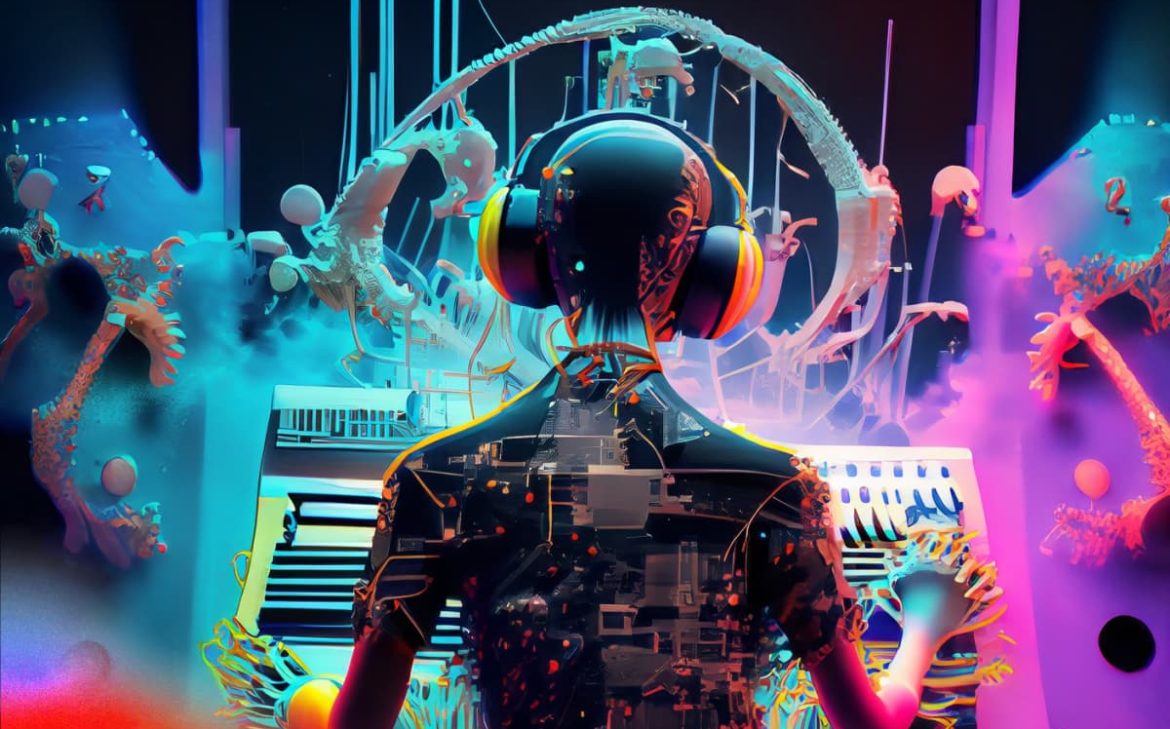
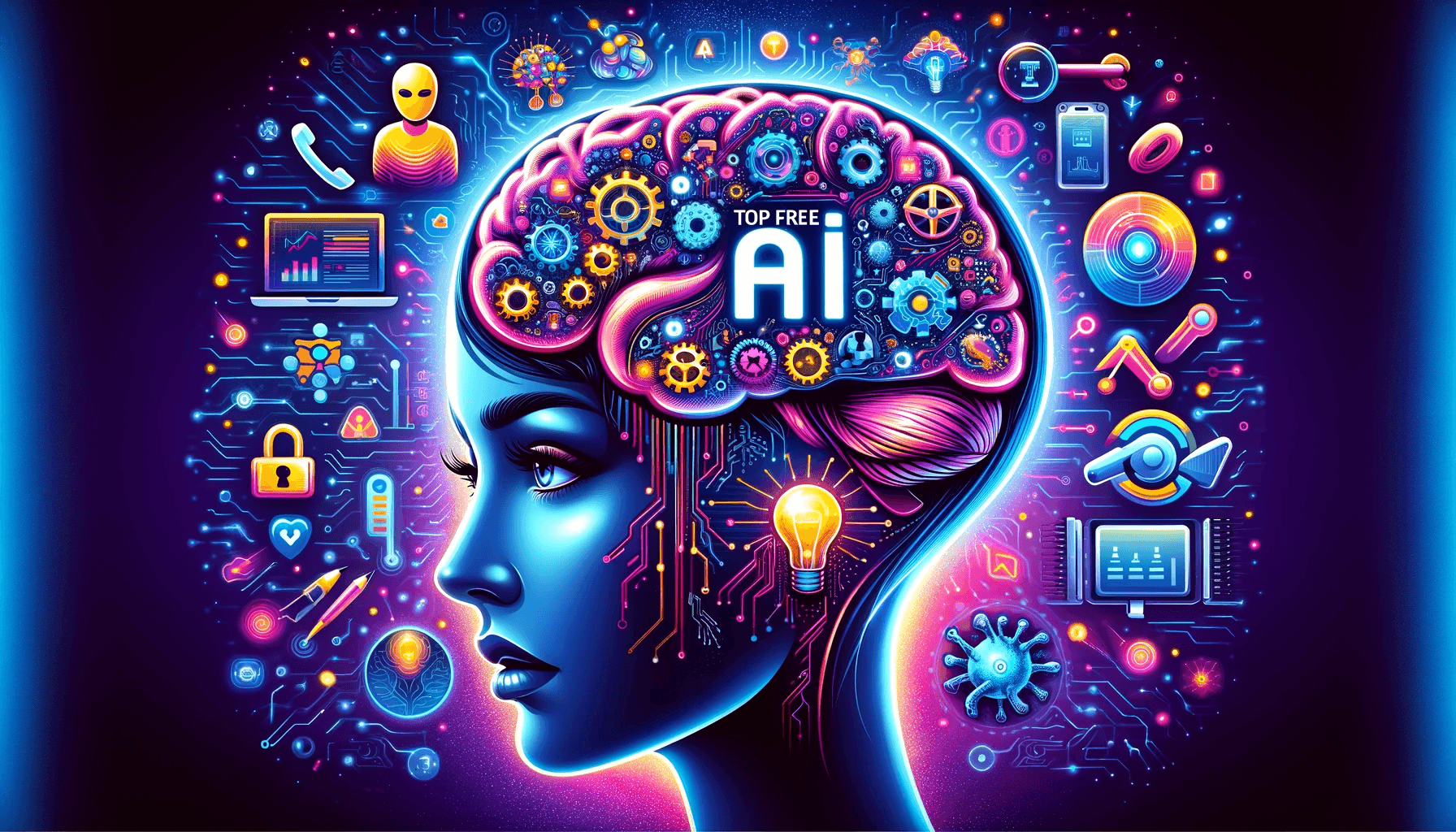
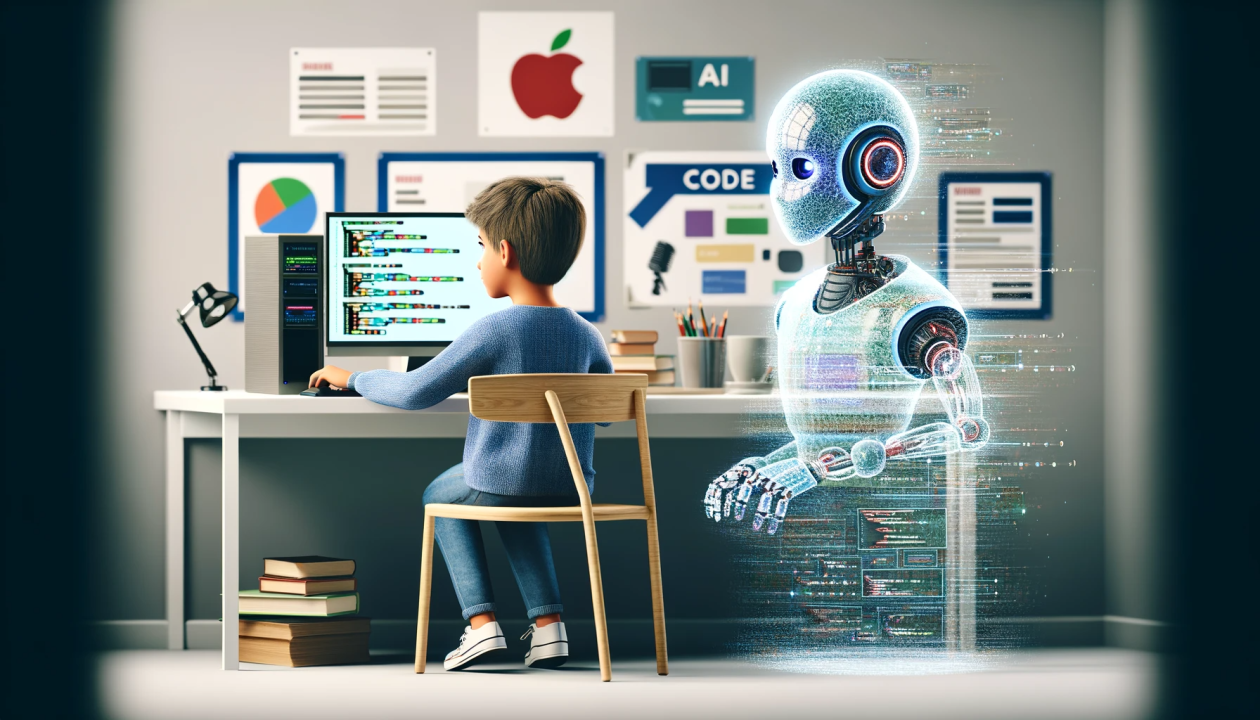
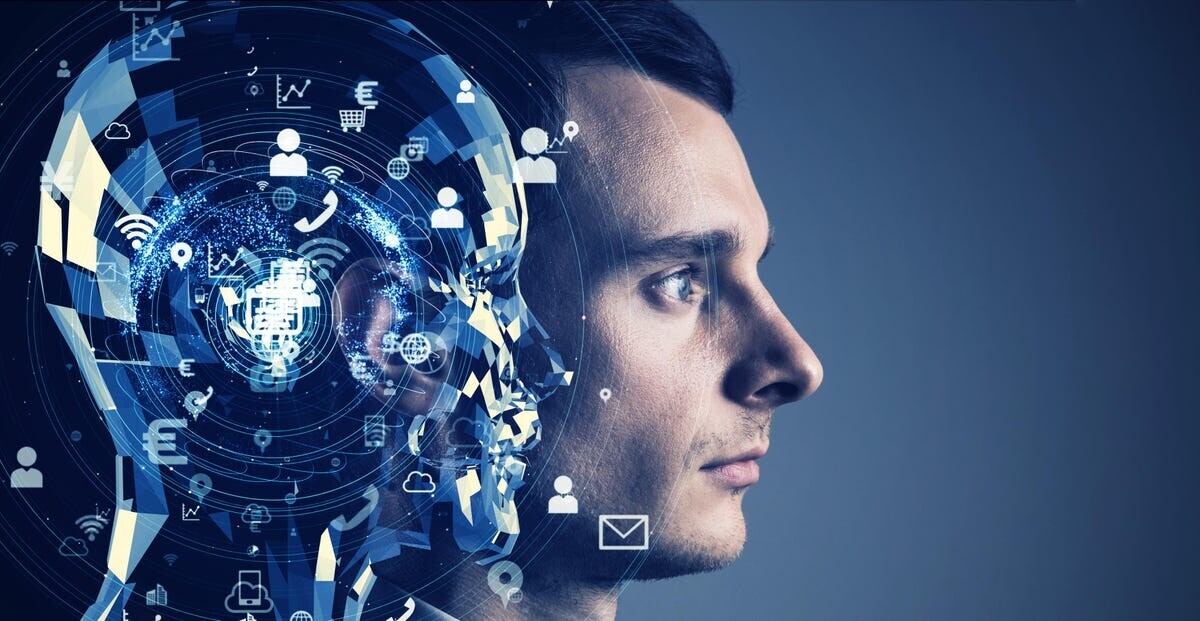
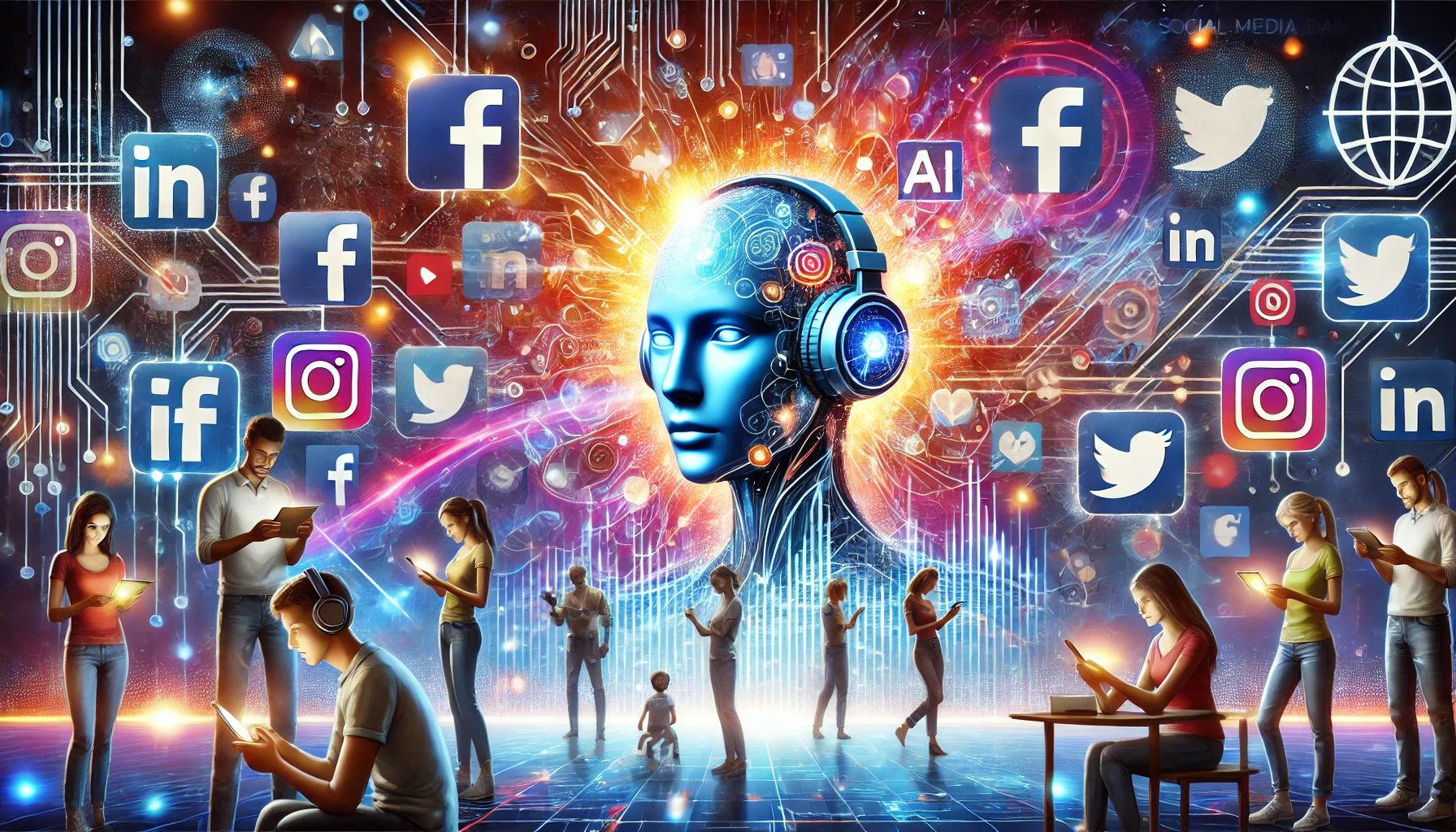
Leave feedback about this